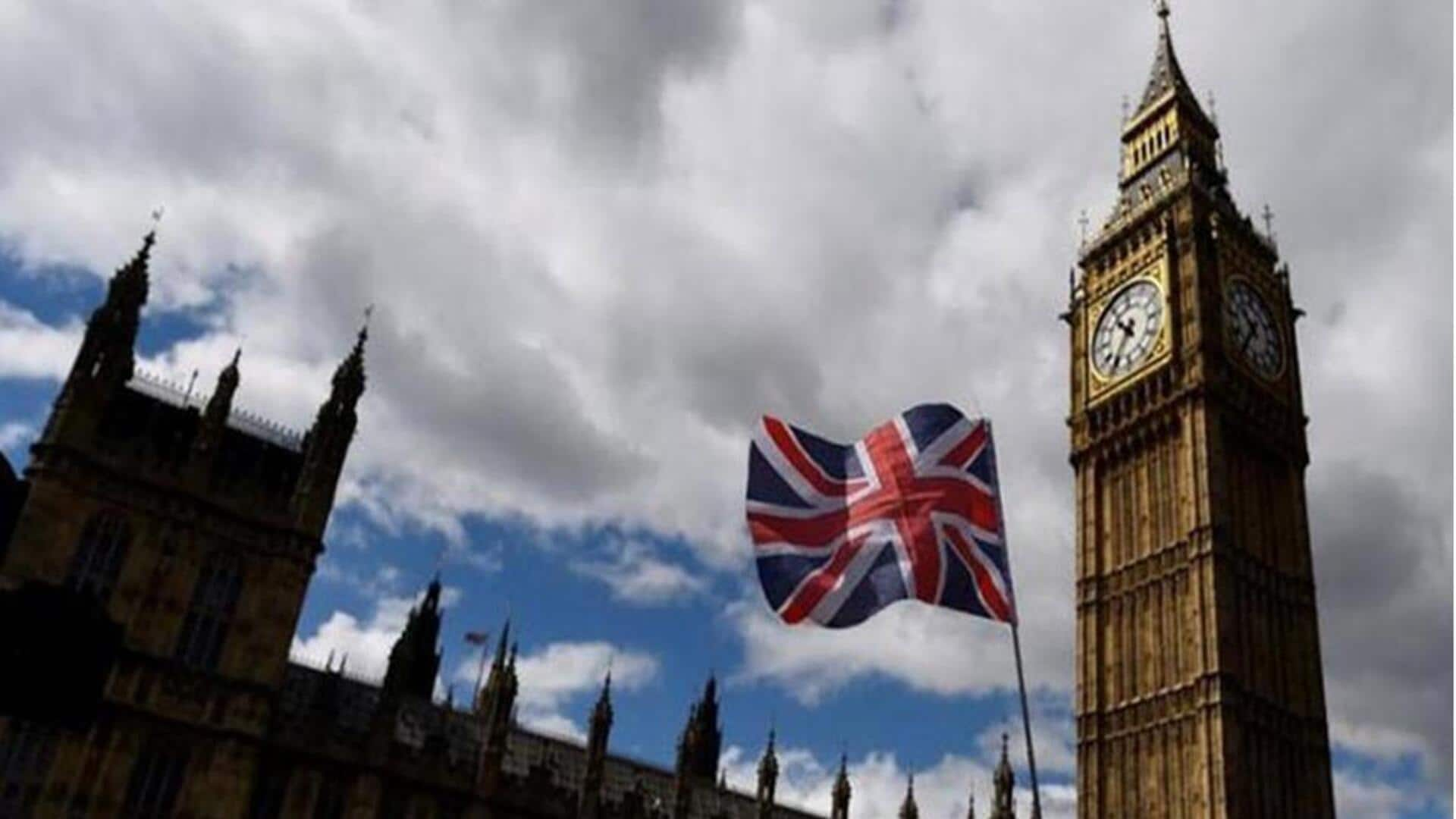
After Japan, UK enters recession as household spending declines
What's the story
The United Kingdom economy has officially fallen into a recession. The Office for National Statistics announced a larger than expected 0.3% decrease in gross domestic product (GDP) for the three months leading up to December. This comes after a 0.1% decline in the previous quarter, resulting in two consecutive quarters of shrinking national output. Experts attribute it to reduced household spending due to skyrocketing interest rates and increasing living costs, as well as a slump in retail sales.
What caused recession?
Factors contributing to recession include strikes, climate, and borrowing costs
Many economists predicted a mild recession toward the end of last year, as families struggled with higher borrowing costs and rising prices for everyday necessities, causing cutbacks in other areas. Widespread strikes across multiple sectors and heavy rainfall further hindered economic activity during this time. However, more recent data reveals a bounce back in consumer confidence since the start of the year, fueled by the possibility of interest rate reductions from the Bank of England as inflationary pressures lessen.
Economic upturn ahead
Bank of England governor downplays recession significance
Andrew Bailey, the Bank of England's governor, has downplayed the importance of quarterly GDP numbers, stating that there are indications of an "upturn" in the economy that will become more evident in the coming months. This optimism is backed by a resurgence in consumer confidence and expectations for interest rate cuts as inflationary pressures decrease. As UK deals with this economic slump, it is essential to keep an eye on developments and evaluate the potential impact on businesses and households.
Recession grips major economies
UK latest major economy to experience recession after Japan
Today's recession announcement by the UK came hours after Japan officially declared itself to be hit by a similar slowdown. The factor that is common in the recession of the two economies is weather disruption and decline in domestic consumption. Germany, Europe's biggest economy, is also battling an array of issues grappling its economy like farmers' protests, reduced global demand, a weak ruling coalition, and labor shortages.